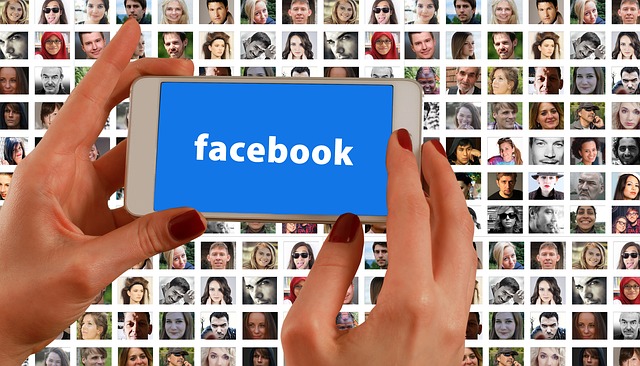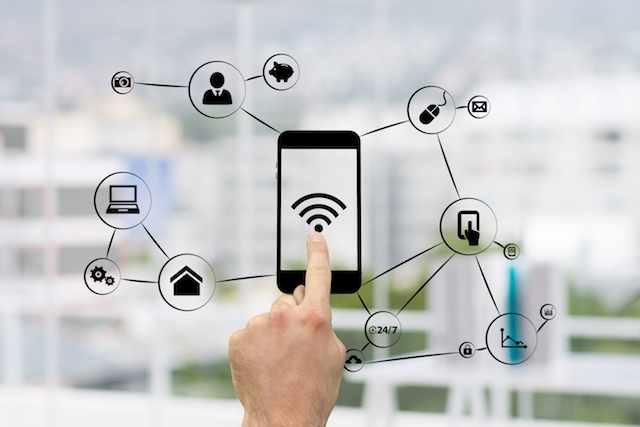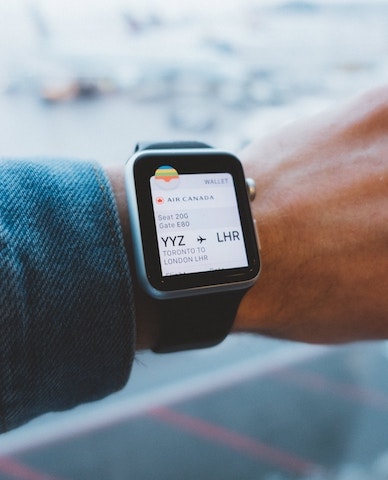In the digital age where anything and everything is done online, it can be difficult to keep your information and identity safe. Even people who think they are being hyper-aware of the information they share on social networking sites can find themselves the victim of a cybercrime. To keep your information safe, you should avoid at all costs doing these common online actions.
Online Personality Quizzes

Facebook lost a lot of its credibility (and was fined big time) after a quiz site called “Cambridge Analytica” created personality quizzes that stored the information of all of its participants (and the Facebook friends of those participants). What seems like an innocent quiz about “what type of dessert are you,” is actually taking personal information from under your nose. Questions like “what was your first car” might seem innocent, but it’s the answer to a lot of security questions online… That said, you should avoid these quizzes at all cost, especially if they are from an unknown source.
Public Wifi

When you’re on vacation and don’t have wifi or data, it can be tempting to check in to the public wifi whenever you can. However, often these “public” hosts are not reliable, and actually track all of your actions while surfing. Logging into your email, monitoring your bank account, and checking other sites with personal and private information might all be traced and saved by hackers. It is best to wait until you are at a private Wifi zone with a secure password.
Text Message Promotions

Cyberhacks can also occur via text message through what is called “smishing.” If you have ever received a text message for a store discount with a link that redirects to a site asking for personal information, delete immediately! These are unlikely to be originally sent from the company. If you are not sure if the promo is valid or just a scam, try searching the domain name online to see if it is truly connected.
Posting Boarding Passes

You have every right to feel ecstatic about your upcoming trip and sharing it with the world. However, sharing a photo of your boarding pass (or passport, license, etc) makes it possible for hackers to steal your identity. While a boarding pass might seem innocent to share, it actually contains information that could be used to access a frequent flyer account and credit card information. Ensure your vacation has zero security breaches by traveling with caution and care!
Photos: Freepik, Pixabay, Unsplash
